Disney‘s upcoming live-action film about Prince Charming, which no one has asked for but will probably still fill out theatre seats anyway (because it’s Disney), has not only allegedly found its main guy, but it may have also landed on the person he’ll share a screen with, presumably playing Princess Delightful. But there’s a problem, and it’s curiously symbolic of one of Hollywood’s deepest and oldest structural problems.
It was already a bit odd to learn that the Mouse House was looking toward 45-year-old Chris Hemsworth to play the leading charm boat, but rumors have now emerged, stemming from a report by insider Jeff Sneider, that the studio is interested in Twisters actress Daisy Edgar-Jones to be his leading lady. Two gorgeous people, certainly, and entirely fit for the part, too… until you remember their ages.
Edgar-Jones is 26 years old, and while there are no details yet about what character she’ll play in Disney’s live-action princess cinematic universe, it’s most likely the romantic interest for Hemsworth’s Charming. Granted, Edgar-Jones is an adult, and while it seems excessive, there’s nothing illegal about a 19-year age gap between leads.
What’s more upsetting about these choices is what they say about the film industry — and, no, the issues they reflect are not remotely new information, but it’s incredibly frustrating nonetheless. Moreover, on a week when gender equality feels the most elusive it has felt in decades, please allow us to be especially hot-blooded in our opinions.
“Why does the prince have to randomly be 45 and the girl be born in 2000,” one person rightly questioned on X (Edgar-Jones was born in 1998, but that doesn’t make much of a difference in the point being made here). “It’s incredible that the age gap boom has made people, especially women, no longer care about the innate misogyny that comes with actresses always being 10-20 years younger than their male counterparts,” another very astutely commented.
Men’s career life-span in Hollywood has always been much longer than women’s
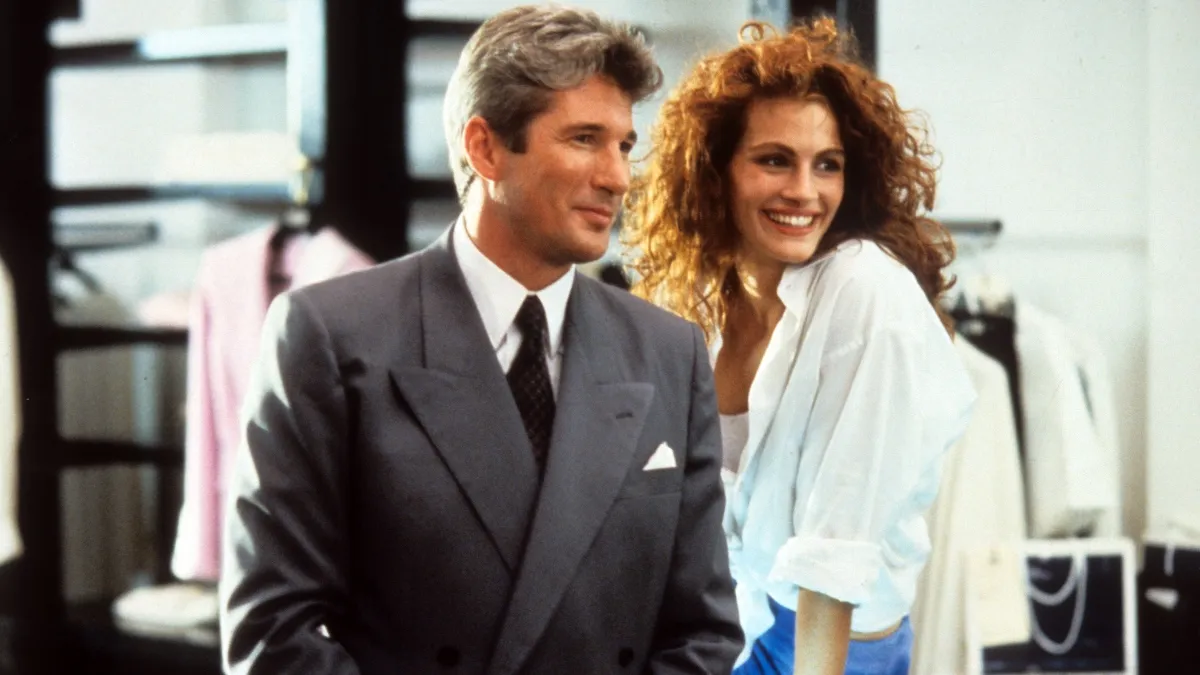
The conversation about ageism in Hollywood truly feels like beating a dead horse at this point, because we have been having it for at least a decade, but I guess we must continue having it. Here are the facts: in 2019, The Hollywood Reporter conducted a survey that concluded that the “vast majority of the titles gracing the list of the 100 top-grossing rom-coms feature an actor who is older than his female lead.” The largest age gap? The 27 years separating Harrison Ford and Anne Heche in 1998’s Six Days, Seven Nights.
Plenty of A-list actresses have spoken out, over the years, about how drastically their character pool is reduced as soon as they turn 30, or even earlier. “By the time you’re 28 you’re expired, you’re playing mommy roles,” Zoe Saldaña remarked in a ten-year-old interview with The Telegraph, where she implied it was up to women to change the paradigm. And they have. Together, over the last decade, they have created opportunities for themselves that were lacking elsewhere, largely by producing and directing their own movies.
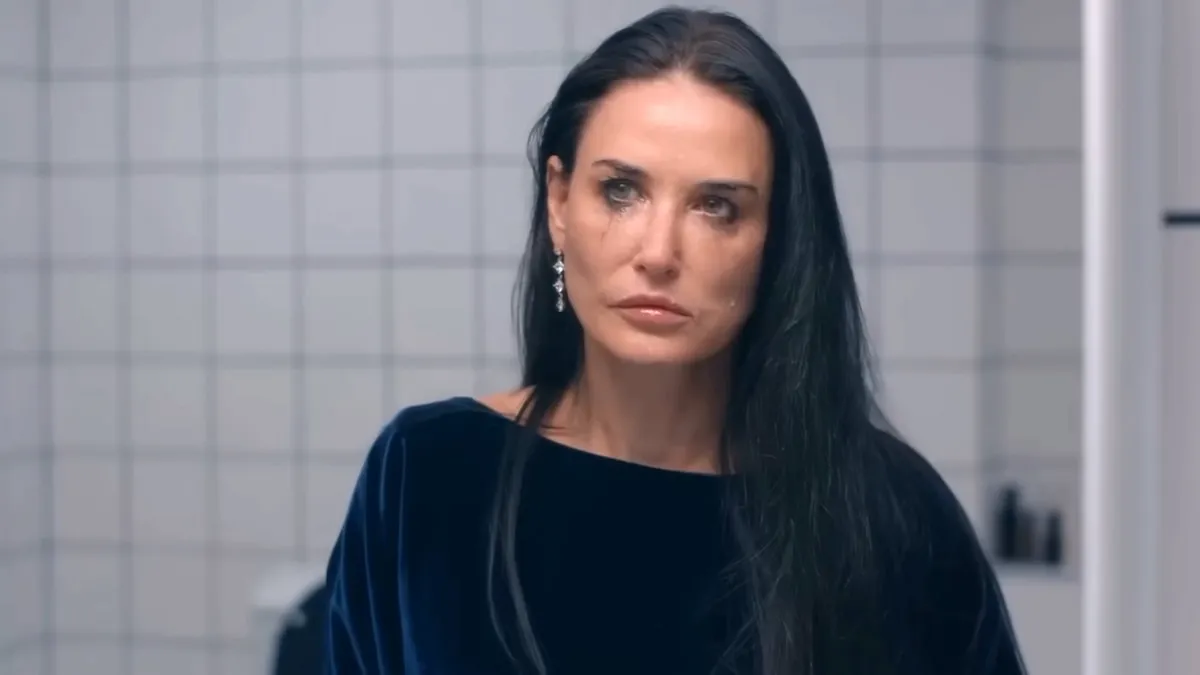
One of the biggest movies of the year, The Substance, tackles the pressure women feel to keep a youthful appearance so they can hold on to success. It stars 61-year-old Demi Moore, in one of her best roles in years, as a faded Hollywood movie star who takes a black-market drug to become a younger, enhanced version of herself (played by 30-year-old Margaret Qualley). It’s written and directed by a woman, French filmmaker Coralie Fargeat. Here is what her star, Moore, had to say about Hollywood’s ageism problem all the way back in 2007.
It’s been a challenging few years, being the age I am. Almost to the point where I felt like, well, they don’t know what to do with me. I am not 20. Not 30. There aren’t that many good roles for women over 40. A lot of them don’t have much substance, other than being someone’s mother or wife.”
If Prince Charming is any indication, big studios seem determined to keep the status quo, even if unintentionally (old habits die hard, and looking inward is not always common practice). We don’t know much about the reasoning behind these casting decisions for the Paul King-directed Disney film. Was Hemsworth picked because they deliberately wanted an older prince in order to bring a different perspective to this frequently sidelined character (because God forbid men have one thing that is not about them for once)? And if so, then, why not choose an older actress for him to share the screen with? Alternatively, was the 45-year-old Hollywood hunk picked because a man’s age is rarely a factor when he’s being judged on looks (sorry, charm), whereas casting a woman above 40 would never ever cross the minds of casting teams looking to find a Disney princess?
A third, even worse option would be that Disney’s moves are intentional, and target a specific demographic that practices — or feels entitled to — these same age gaps in real life. Not a dumb business move whatsoever, since it’s clear the male public is moving rapidly away from the notion that women are anything more than the objects of their sexual fantasies.
We would love to get answers to all these questions, but for now, all we have is rumors. Still, if this truly is the path Disney is choosing to go down, then we really are back in 2016.

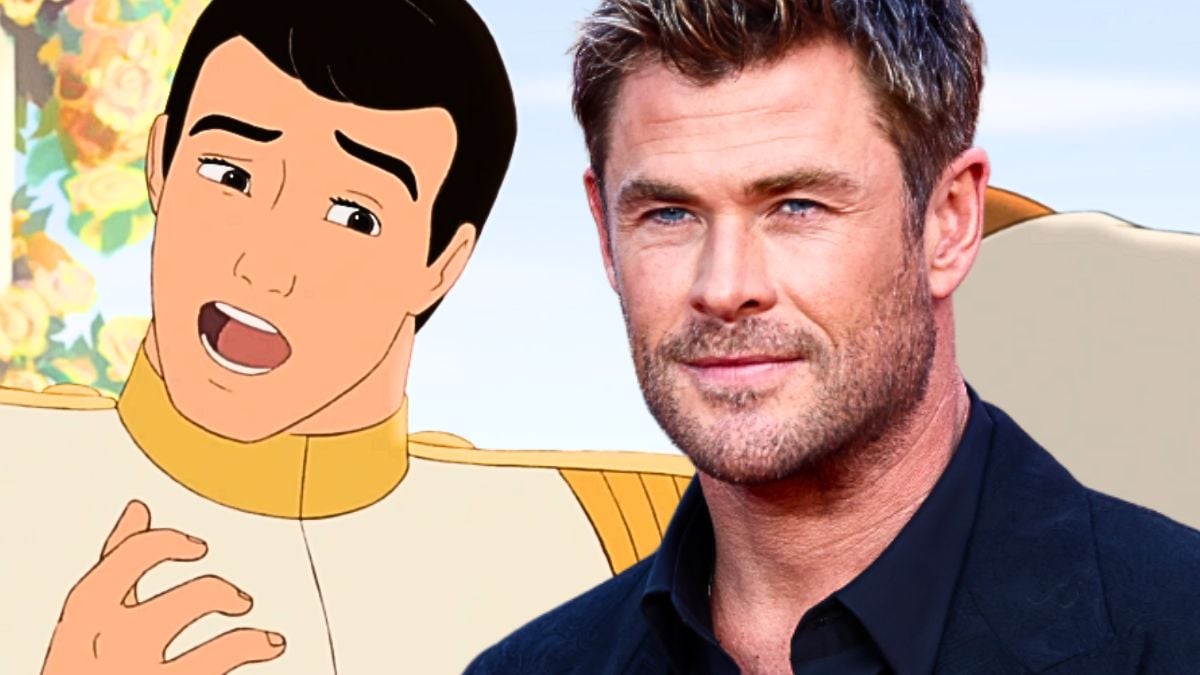
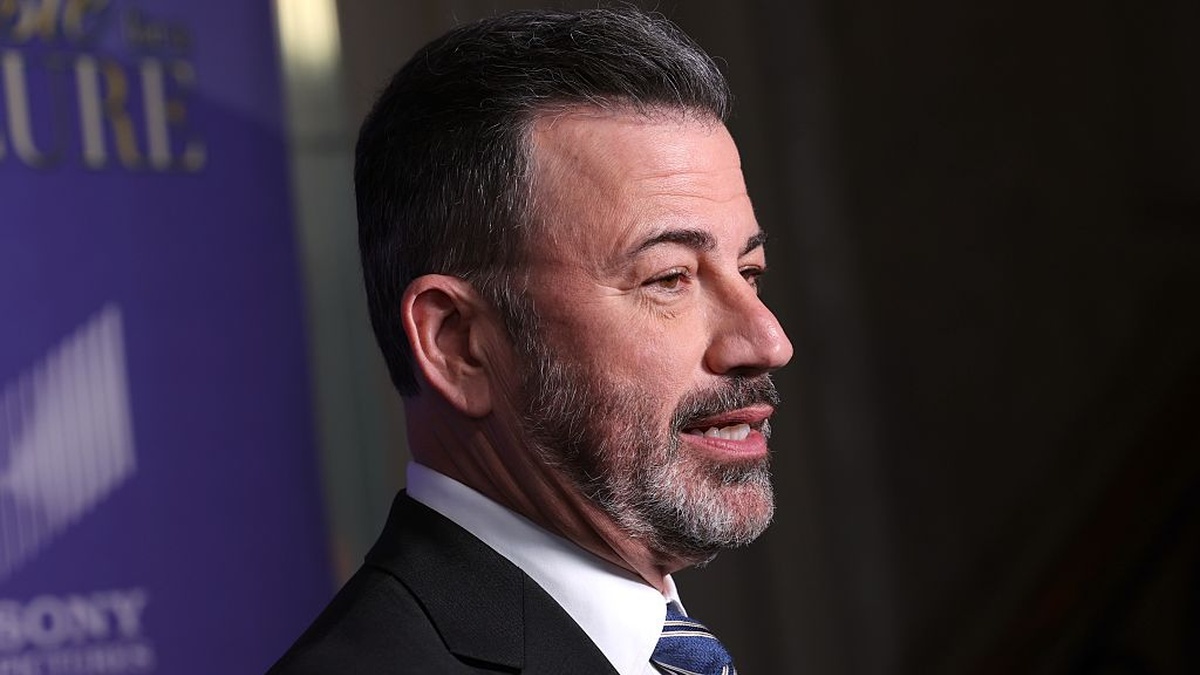
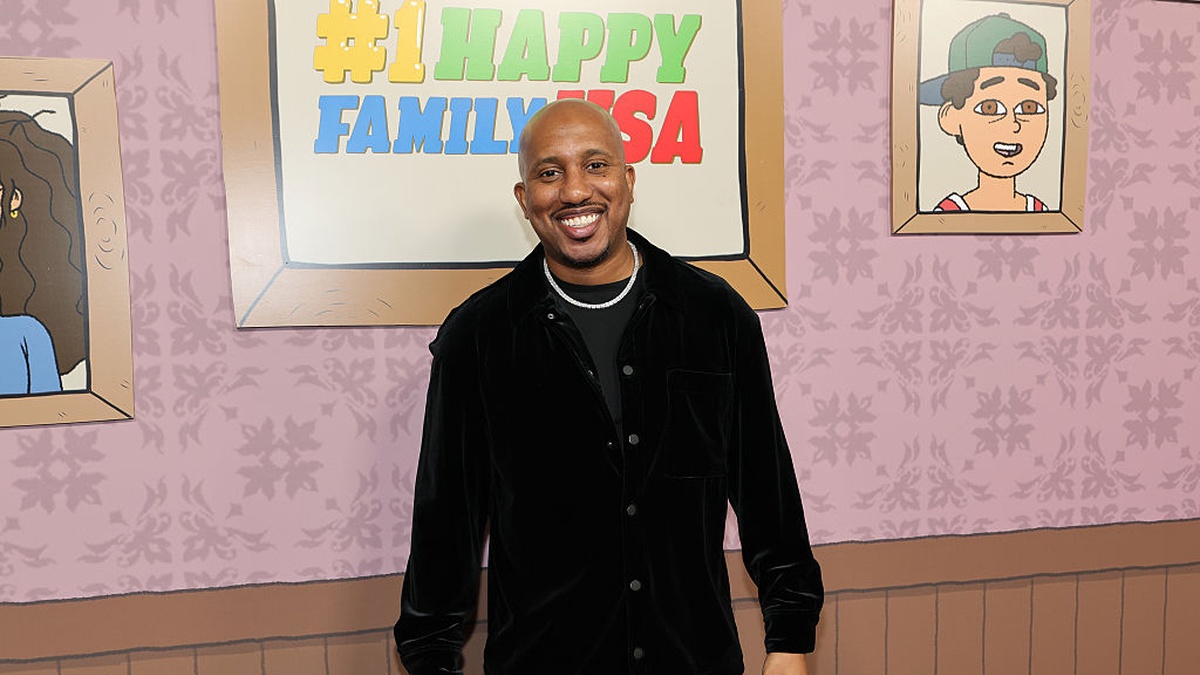

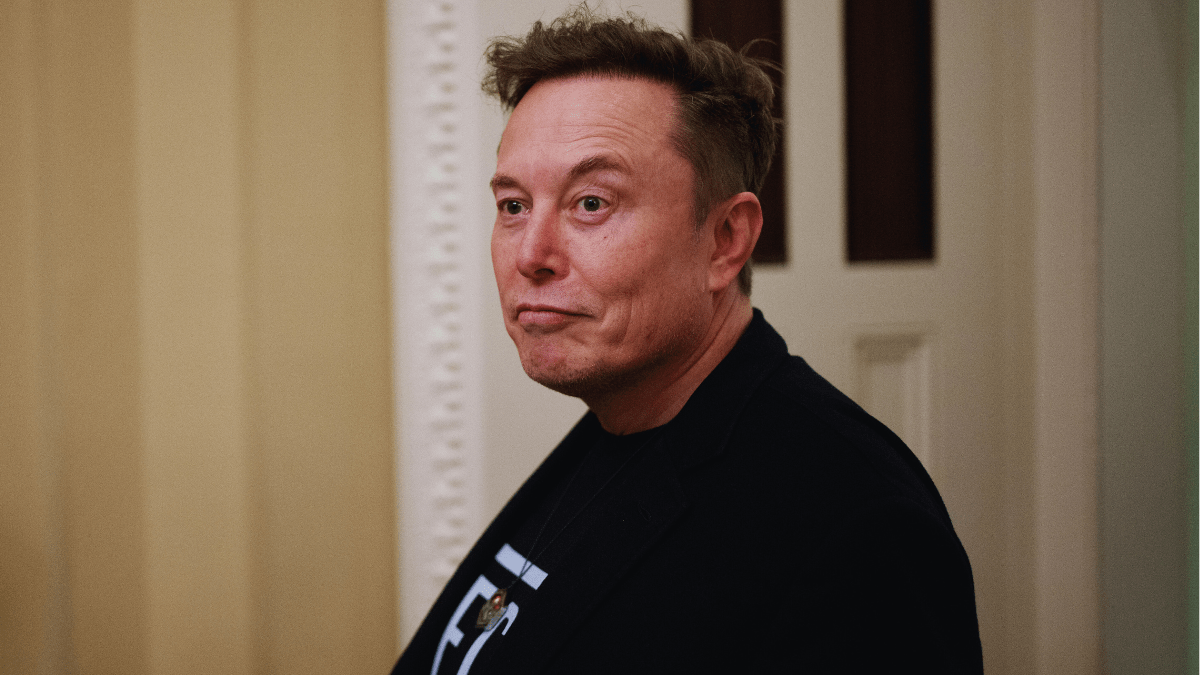

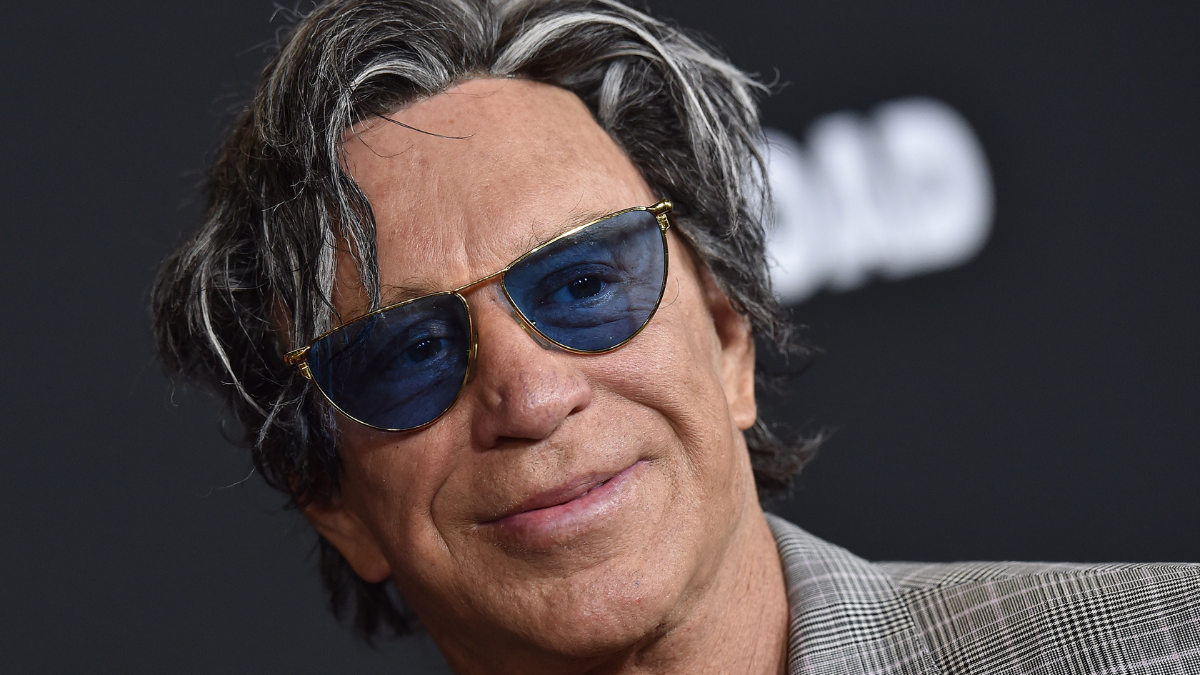
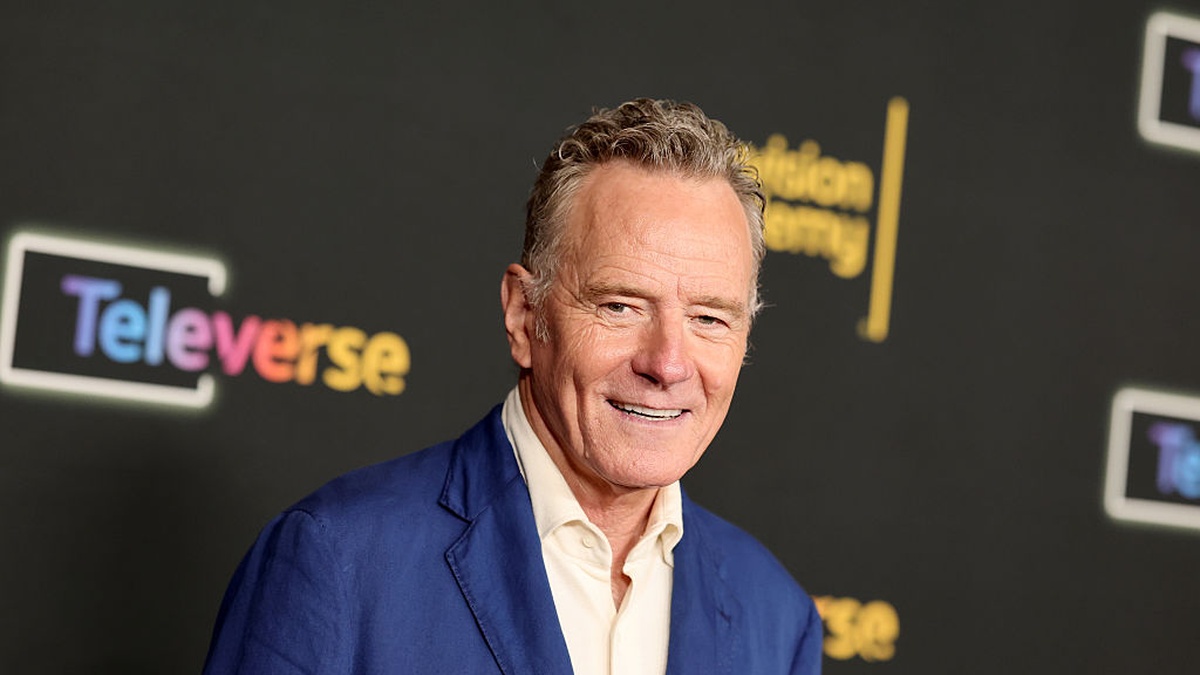
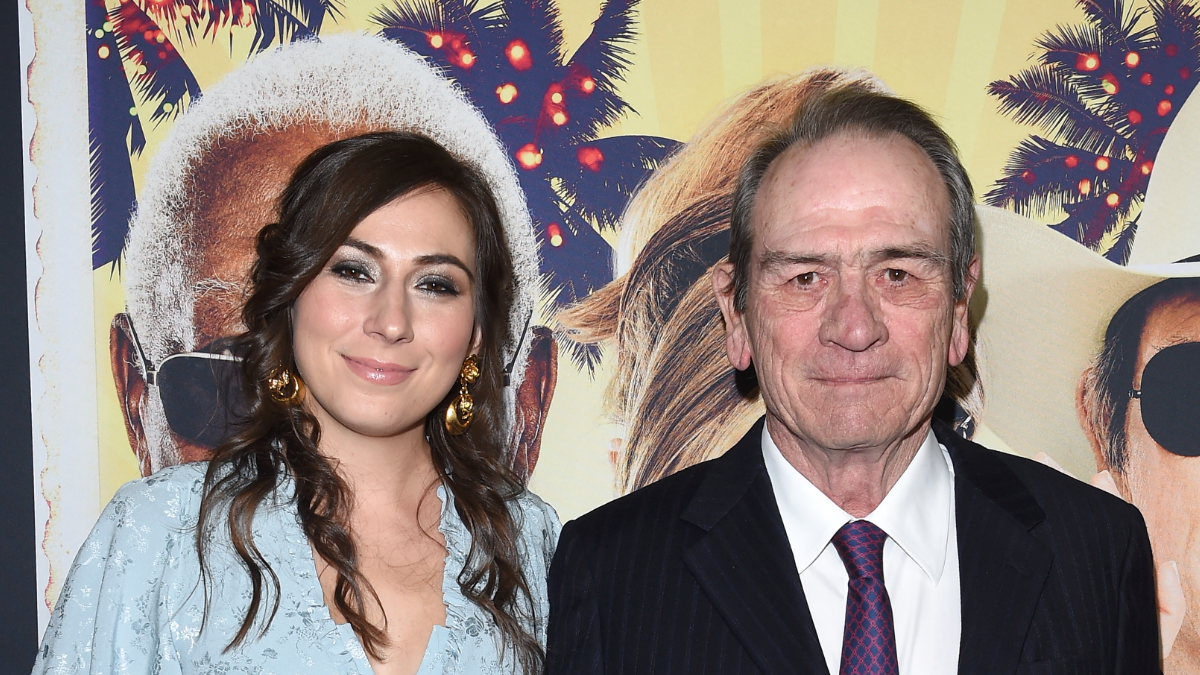

Published: Nov 7, 2024 06:15 pm